
Exposé Online
What's old
Exposé print issues (1993-2011)
- 1 (October 1993)
- 2 (February 1994)
- 3 (May 1994)
- 4 (August 1994)
- 5 (October 1994)
- 6 (March 1995)
- 7 (July 1995)
- 8 (November 1995)
- 9 (March 1996)
- 10 (August 1996)
- 11 (February 1997)
- 12 (May 1997)
- 13 (October 1997)
- 14 (February 1998)
- 15 (July 1998)
- 16 (January 1999)
- 17 (April 1999)
- 18 (November 1999)
- 19 (May 2000)
- 20 (October 2000)
- 21 (March 2001)
- 22 (July 2001)
- 23 (December 2001)
- 24 (April 2002)
- 25 (September 2002)
- 26 (February 2003)
- 27 (August 2003)
- 28 (December 2003)
- 29 (April 2004)
- 30 (September 2004)
- 31 (March 2005)
- 32 (September 2005)
- 33 (May 2006)
- 34 (March 2007)
- 35 (January 2008)
- 36 (October 2008)
- 37 (July 2009)
- 38 (July 2010)
- 39 (Summer 2011)
Features
Not Wishing to Waffle —
The Syd Arthur Interview 2016
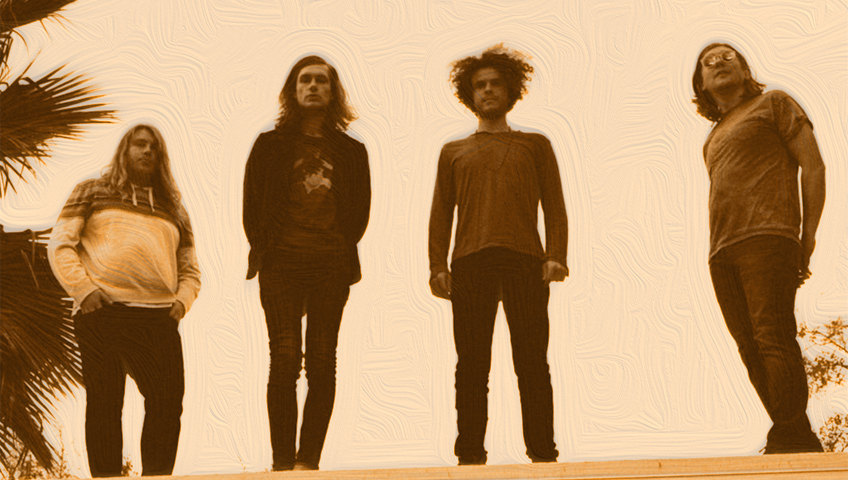
I first met and interviewed Syd Arthur back in 2014, while they were on tour with Sean Lennon’s GOASTT. I was delighted to have the opportunity to speak with them again before their recent San Francisco show opening for English singer-songwriter phenom Jake Bugg to learn what had transpired over the last two years.
by Paul Hightower, Published 2016-10-18
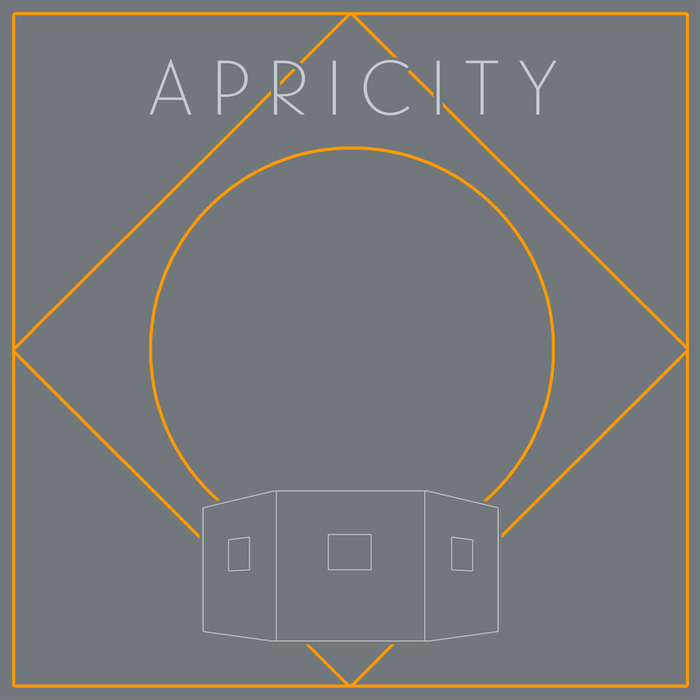 The quartet from Canterbury, England are veterans of the British festival scene and have made inroads in the states, both at festivals and also as openers for prog legends Yes. The current lineup comprises Liam Magill on guitar and vocals, Raven Bush on keyboards, guitar and mandolin, Joel Magill on bass, and Josh Magill on drums (yes, three of them are brothers.)
The quartet from Canterbury, England are veterans of the British festival scene and have made inroads in the states, both at festivals and also as openers for prog legends Yes. The current lineup comprises Liam Magill on guitar and vocals, Raven Bush on keyboards, guitar and mandolin, Joel Magill on bass, and Josh Magill on drums (yes, three of them are brothers.)
They will soon be releasing their fourth LP, Apricity, which is a further development of their unique blending of rock and psych with a distinctly Canterbury-ish vibe (see separate review) that put them on the map and gained the attention of folks like Paul Weller.
Many thanks to Syd Arthur for taking the time, and Lisa DiAngelo at Capitol Music Group Publicity for coordinating this interview.
Participants:
- RB — Raven Bush (keyboards, violin, mandolin, vocals)
- LM — Liam Magill (guitar, vocals)
- Joel — Joel Magilll (bass, vocals)
- Josh — Josh Magill (drums)
Welcome back to San Francisco!
All: Thanks!
How’s the tour been going over so far?
All: Great!
RB: Jake’s got an amazing fan base, and they seem to be really into music.
 I was curious because I was trying to figure out who his audience would be here. I’m never sure if guys like him are going to make it over here. His songs speak of a particular English experience, having grown up in Nottingham, and I’m not sure how well that translates. But obviously you’ve had people coming to the shows.
I was curious because I was trying to figure out who his audience would be here. I’m never sure if guys like him are going to make it over here. His songs speak of a particular English experience, having grown up in Nottingham, and I’m not sure how well that translates. But obviously you’ve had people coming to the shows.
RB: It doesn’t matter where you’re from really, we all live on the same planet and as long as you can understand the language then you can relate.
Because the songs…
RB: Yeah, that’s the whole point of good art. It should transcend that stuff. But yeah, there’s seems to be a nice gradient of demographics. You’ve got young girls at the front, working back to slightly older couples, and then the back will be older…
Me! (laughs)
Joel: I’ve never seen so many English people at the shows in America.
I was curious how many English people he’s bringing out who are telling their friends “This guy’s massive!”
Joel: That’s definitely something I’ve noticed, compared to the other shows we’ve played over here in the past.
Speaking of the past, 2014 was a busy year for you guys. You opened for Sean Lennon’s GOASTT and then got picked up by Yes to open for them. So you were pretty much touring constantly, but in 2015 things got quieter. I know you played some festivals, some things here and there, but what happened in 2015?
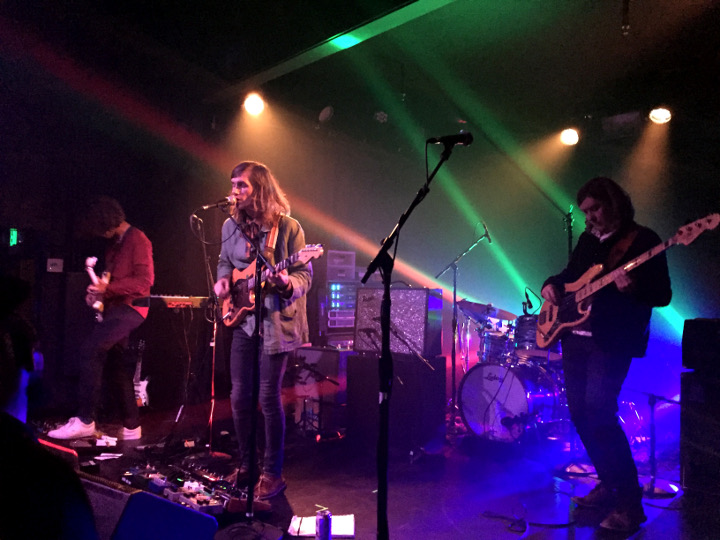 LM: That was the writing of our record (Apricity).
LM: That was the writing of our record (Apricity).
RB: And also Fred (Rother) as well.
So tell me about Fred. That’s obviously news.
RB: It first happened a few years ago, with his tinnitus. It was a problem that unfortunately came back again through all of that touring. He couldn’t make the second tour with us. He did the Sean Lennon tour, and literally the last gig of that he realized he’d done some permanent damage and couldn’t continue. So that was crazy for us.
Did it cause things to have to go on hold for parts of 2015?
RB: Sure, yeah. And also we wanted to write another record. It was all just a coincidence. So we spent the top of 2015 in the studio writing, and this was the first time we’d made an album where we made demos which we didn’t play, you know? We literally wrote the music and learned to play it afterwards.
OK, because you knew you were going to be going into a studio somewhere else, and it wasn’t going to be your own.
RB: At that stage we didn’t know. We knew we were going to make a record, and it ended up that we went to America to make it. But at the time we were just working on the music. We wrote like 20 tunes or something.
OK, I want to talk about the album in a bit. But changing drummers is a big deal for a band, obviously for bass players. So Josh, was the Yes tour your first time in the states?
Josh: Yeah.
OK, so that was your trial by fire (laughs).
LM: His initiation – big time.
And Joel, has a different drummer caused any adjustments for you?
Joel: Not really. We just figured it out.
RB: They’re brothers, don’t forget.
Joel: Yeah, we’ve played before and there’s a connection so it was pretty seamless.
Are you doing any U.S. festivals on this leg?
RB: Yeah, we did X-Fest up in Canada.
Joel: And we’re doing Riot Fest in Chicago as well.
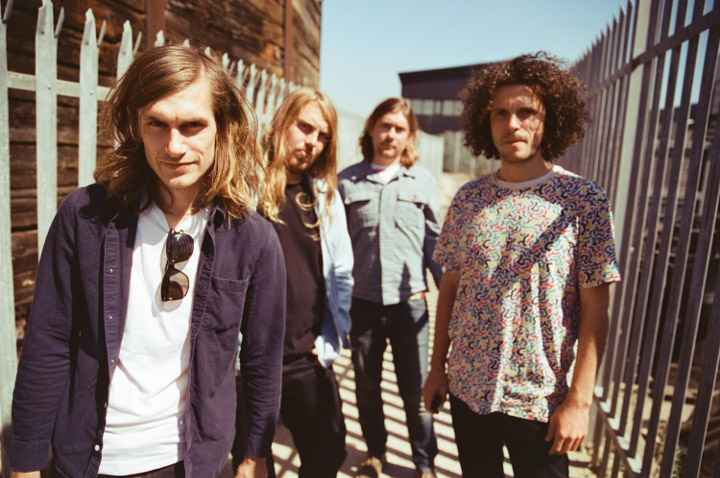 You guys were helped by the English festival scene when you were first coming along. Do you feel like that’s still a good outlet for you to promote yourselves?
You guys were helped by the English festival scene when you were first coming along. Do you feel like that’s still a good outlet for you to promote yourselves?
RB: Oh yeah. We played Glastonbury this year and it was just amazing. I do have to say that the English festivals kill it over the American ones. In terms of vibe and atmosphere, the festivals that we’ve been to out here seem very clean, a little bit cookie cutter.
Joel: Very structured.
RB: Yeah, whereas in the UK it’s completely different. Glastonbury’s an extreme example.
I always thought festivals in the U.S. were more corporate whereas in the UK they’re more grass roots.
RB: There are more corporate ones in the UK now. Over the last 10 years there’ve been a shitload of them.
LM: They’re such a great platform, though, because when people are at those events they’re open to finding things. So it’s the perfect place for us to go.
I’ve heard criticisms of the British audiences as being fickle and jumping on bandwagons or whatever, but that can work both ways, right? Because you can be today’s darling and nobody cares about you tomorrow, but at the same time it means that the audiences are very open to something new. Whereas maybe in the states you have to be more packaged and unless you’re already a known entity people aren’t interested in making the effort to go check you out.
All: Yeah, sure.
So this is your third time back as the support band. Is it time for you guys to headline? I know you already headline in the UK, but as far as coming back to the states goes.
RB: We do our headlining shows on both sides, but we haven’t done a tour yet. So yeah, we’re really hoping we can, with this new record, yeah.
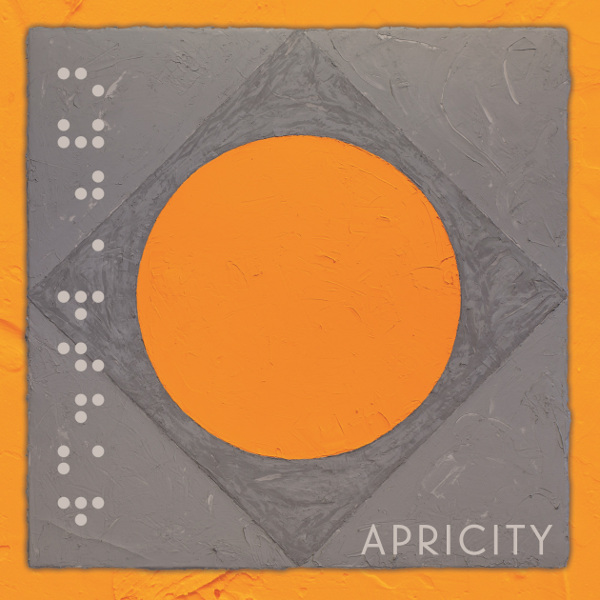 So let’s talk about Apricity. Why choose to record with Jason Falkner in Los Angeles?
So let’s talk about Apricity. Why choose to record with Jason Falkner in Los Angeles?
Josh: That was the external influence of people involved, like the label, and they were throwing some ideas out and they knew this guy Jason. He was suggested and we checked out some of his music, and we met him at this gig we played at Hyde Park and it all just seemed like it was going to work. To be honest it was a bit of a stab in the dark. We didn’t really know.
LM: Yeah, we’ve never worked with a producer.
RB: Yeah, we’ve always been completely self-produced, and so it was kind of a strange thing for us. So the whole thing was totally new for us and we were totally open to it.
I think the sound of the album definitely carries forward what you’ve been doing on the previous albums, so as a band you were clearly having a lot of input on how the music came out. What did Jason bring to the table?
LM: Spurring us on, kind of cracking the whip and just being around.
Josh: Also, he wasn’t around in those initial stages. You can get really attached to ideas and demos.
You need that objective ear or point of view.
Josh: Exactly. And he could play everything we could play, the bass, the drums, the keys, he could sing, he could learn the chord progressions instantly by watching Liam play it once. He’s a very capable musician. And putting things back in. Why don’t you change that note in that chord?
LM: He brought a lot of equipment in as well. Guitars, amps, keyboards…
RB: He’s helped my new fascination with modern synths and keys, 'cause I’ve never really had the opportunity to use the real stuff. I was always just using rack stuff or whatever, so it was really interesting to play all of the real stuff.
Has that got you more interested in going in that direction?
RB: Oh, totally. The thing is, we don’t have a big road crew or space, so I can’t be bringing Rick Wakeman-type equipment out. Not that I want to do that, but the practicalities of playing live with lots of different synths and stuff…
Liam, do you still go out and do solo acoustic shows?
LM: Yeah, I do a lot of that. That’s how it started. I’ll play Syd Arthur music with just the acoustic. Some quiet songs as well.
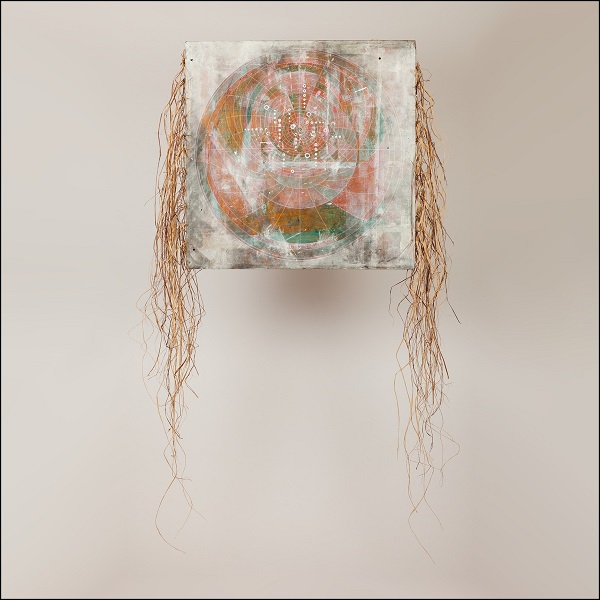 Are you ever going to bring that kind of thing back to Syd Arthur?
Are you ever going to bring that kind of thing back to Syd Arthur?
LM: I’d love to do an acoustic record. But we try to chop acoustic elements into all of our records. There’s always the odd acoustic tune on the records. Apricity doesn’t have an acoustic song on it, but I’d like to do it.
Raven, I noticed there’s not much violin on the new album.
RB: There’s a few string arrangements. As a musician you always want to be moving forward and I felt like I had played violin a long time. I started playing violin when I was two and a half, so for me writing music is now my focus. I’m not attached to an instrument, I’m just attached to sound, and whatever I can use to make that sound — that’s what I’m into.
So how are things going with Harvest? I know this time the album’s not on Harvest per se.
RB: No, it is. Everything’s going well. We signed that deal so we’re on Harvest in the U.S. Before we had Virgin release the records in the UK, but now we’ve got Communion.
LM: But they did so much. Like recording the new record out in California, and helping us getting it done.
Josh: They’ve been amazing.
They were personally involved with getting you hooked up with Jason, right? Because I read somewhere that perhaps you knew about him and his studio and you thought, “Ah, that’s where we should record.”
RB: No, it was more that we all decided that working with a producer for the first time for this record would be a cool thing.
Josh: When you first have these conversations, it’s always like, “Oh yeah, we can work with him or him or him. Then you realize how much it’s gonna cost and then it’s, “Well we can’t work with him or him…” (laughs)
RB: It’s more just the logistics. 'Cause anyone who’s great is going to be busy for the next two years. That’s the way it goes. I’m not saying that Jason isn’t great, but in terms of the timing it was like… life is about timing, right? And so it felt right. So Jason was the guy we picked out of a whole bunch of people that we met and talked to.
LM: Like, the fact that he played in Air and the fact he was in Beck’s group…
Josh: And everyone who knew about him had something amazing to say. And it wasn’t necessarily about his previous bands, it was stuff about him, how it was to work with him.
He’s got connections to San Francisco through Jellyfish, back in the early 90s.
LM: Yeah, we know about Jellyfish.
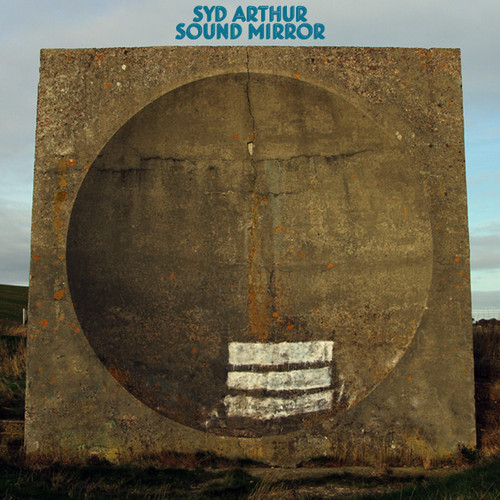 So what things from the previous albums did you want to keep for Apricity, versus what were you trying to do that was new and different?
So what things from the previous albums did you want to keep for Apricity, versus what were you trying to do that was new and different?
RB: That’s a really good question. We made Sound Mirror, and after we made it we did a load of touring, like playing massive shows. And until then we’d only done a bit of that. So that was the biggest difference, I think. Having that experience of traveling around the U.S. playing to 5,000 to 8,000 people a night and seeing what works on those levels. And big festival gigs as well. So the music you write for a 250 cap club of fans – of die hard fans – is very different to trying to bring a whole field of people together, and creating something that’s really tangible. That informed a lot of things.
Josh: I wasn’t involved in the previous album but I know that with the new songs we really wanted to kick them out and have a really big presence.
To be able to project…
Josh: Yeah, music these days is so front-forward and in your face. We wanted to capture a bit of that.
Looking at some of the song titles it seems that several of them come from a place of pressure. Was that from the experience of being on the road for a year?
LM: There’s pressure in music, not from being on the road, but just general pressure you put on yourself.
OK, because some of the song titles – “Plane Crash in Kansas”, “No Peace”– there’s a sense of things weighing down on you a little bit.
RB: I think that’s the vibe in the world right now, isn’t it? It feels like there is a lot of pressure out there, yeah.
I’m also thinking of the lyric in “Sun Rays” where you say “Brother, don’t you cry.” Obviously, with the three of you it’s easy to see that as being a very literal message. Was it?
LM: Not literal, no.
Going back to what you were saying earlier, it seems like the way the songs are arranged is less about creating opportunities for the band to jam and to open up, but more about being compact and concise and about making a statement. Not about going into instrumental excursions.
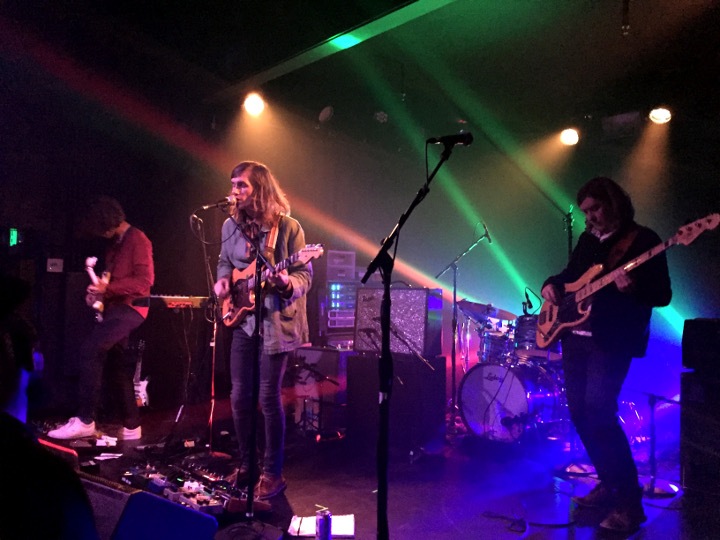 Josh: There’s so much room to do that live. The record was about making it concise.
Josh: There’s so much room to do that live. The record was about making it concise.
That’s one thing you guys told me back in 2014 was that you consciously try to have there be a difference between what you do in the studio versus what you do with a song live. Is that still the case?
RB: Oh totally, yeah. I think to get the best out of the studio you have to approach it differently. Often improvisation on a recording is less likely to translate well. Obviously there are some incredible records that have been completely improvised, but I also think that the kind of composure, forethought, and cutting the wheat from the chaff and all that kind of stuff to make a concise statement works better.
Do you find that that’s more of a challenge?
RB: Oh, yeah. It’s so much harder to be simple and to be as direct as you can. It’s much easier to waffle — like I’m doing now (laughs).
Josh: You can add and add and add and it still hasn’t got anything, so it’s much better to take it away.
You said you’ve got a bunch of songs… do you feel like you’ve got a big backlog of material now?
RB: We’re always writing, all the time. But for this record we wanted to have enough songs to choose which ones to make the album right. Rather than like, “We’ve got 11 songs so the album’s going to have 11 tracks on it”.
So what happens to all those other songs?
RB: There’s going to be a couple B-sides. There’s a couple that we tracked properly and some of them didn’t make it through to the next stage.
So you’re already thinking towards the next album?
RB: Yeah, always!
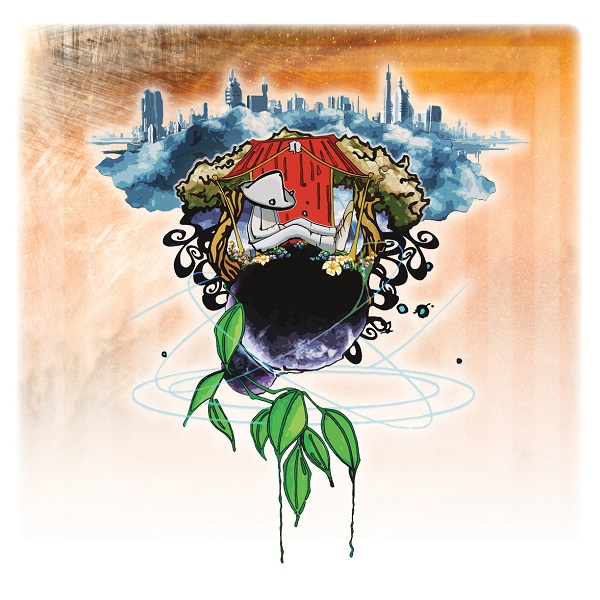 I was reading through some of the press materials – which I think is always interesting because it’s what the label is trying to present you as – and the category they’re putting you in is “psych rock.” Tell me how you feel about that.
I was reading through some of the press materials – which I think is always interesting because it’s what the label is trying to present you as – and the category they’re putting you in is “psych rock.” Tell me how you feel about that.
RB: I personally hate genres. It never sums up anything. I’ve learned to just not be bothered about it 'cause there’s not going to be a word that can sum up what you’re about.
But do you find it interesting that label feels compelled to have to categorize you in order to market you?
RB: Well that’s the whole world, though. Like, where do you put the CD in the music shop? Everything’s compartmentalized. It’s not necessarily the label. It’s something that comes up in conversation a lot and no one’s any wiser than we are to figure out what to call what we do.
Joel: We were called progressive…
So speaking of the progressive rock thing, there was that association. Is that something that you’ve been attracted to or repelled by?
RB: Definitely a bit of both 'cause as a genre the majority of progressive rock is kind of shit, and isn’t what we’re up for. That’s not to say there’s not some absolutely incredible stuff, especially before the word prog rock was even invented. That’s when it was really interesting. It’s the same for any genre, but I think we’d probably use the bracket of rock or something. We probably fall into that genre more as a whole then something like progressive rock.
But yeah, I think our focus is turning onto songwriting. And the jamming side of us, we can do that whenever, rather than relying on that as part of the composition.
The progressive thing was part of what helped you get a hook in the states, right? You got to do the opening tour for Yes, which I know went over really well. People in online communities were like, “Oh my god, these guys are fantastic. When are they coming back?” It’s got to be tough, though, because you then feel like there’s this whole audience you’ve created. What do you do with that?
Joel: If they’re into us then hopefully they’re into whatever we do. So hopefully they come with us on the journey.
So what was it like opening for Yes? Because I remember when Steven Wilson and Porcupine Tree opened for Yes they had pretty negative things to say about the experience.
Joel: It was cool!
RB: We had an amazing time.
LM: The band and the crew were very nice.
Josh: Well, they’re all pretty old rockers, aren’t they? They’re set in their ways, so as long as you respect that you’re not going to have any issues. But we made a couple foolish mistakes, like taking a photo of Steve Howe sound checking his guitars and he’d whisper to his guy and five minutes later I’ll find out from three other people that I shouldn’t have done that! Stuff like that.
RB: And obviously their audience was really responsive to what we do, which was great. It was like a luxury tour because it was so relaxed. It was a very different thing to this tour with Jake, 'cause this is a thing that’s current whereas the Yes thing felt almost like part of something that was a bygone era, and the audience was older. Of course there were young people there as well, but there was a completely different atmosphere and energy. It was a bit more of a nostalgia trip.
LM: But it was inspiring seeing those old boys still rockin’ out at that age. You could tell Chris Squire – it was his last tour – and he was still on stage smashin’ it every night. To see them at the end of their career was inspiring.
Joel: We were never really big Yes fans. I mean, we like some of that kind of music.
Did it change your perception…?
Joel: Yeah, definitely! There’s some really good tunes in there.
LM: I wasn’t a fan before the tour but after the tour for sure. It just wasn’t my band, my thing. But after doing it and experiencing it and being part of it…
Well since the Canterbury scene was considered part of that general progressive scene, do you guys still feel a connection to that?
RB: Yeah, there’s always that connection.
LM: I feel strongly about all that stuff, yeah. I’m always raving about it wherever I go in the world.
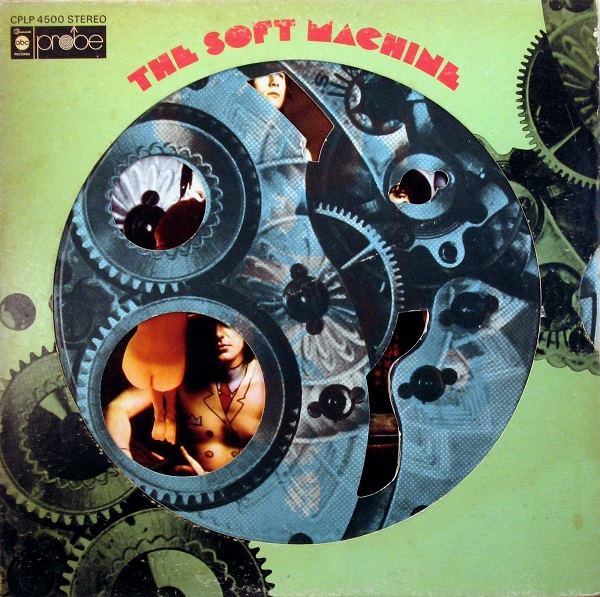 Is it a little easier for you to connect with that because it is a little more singer-songwriter based? Except for the Soft Machine hard core jazz thing, but if you’re talking about bands like Caravan…
Is it a little easier for you to connect with that because it is a little more singer-songwriter based? Except for the Soft Machine hard core jazz thing, but if you’re talking about bands like Caravan…
RB: Or early Soft Machine.
Yeah, Kevin Ayres, that side of it.
RB: Yeah, love that stuff.
Josh: Someone did a graffiti of Robert Wyatt in his wheelchair in Canterbury. There’s all these little nods to him. Robert actually came and did a chat at the university, and they played his songs.
He’s like a revered old Yoda figure now (laughs).
Josh: He had so much cool stuff to say. He’s an inspiring man.
I was recently checking out the folk group The Unthanks – the two sisters from the north of England – and they covered him. They covered King Crimson, too, but it seems like Robert Wyatt just cuts through all these different parts of the British consciousness.
RB: Because he’s an incredible songwriter. And such an honest, unique voice.
And Joel, I heard you got Hugh Hopper’s bass.
Joel: Yeah, that was some time ago.
Did you record with it at all?
Joel: No, his wife Christine has it back now. She just gave it to me for a bit and I played it and yeah, it’s a great instrument. I still look after some of his equipment.
I was listening to a program on BBC 6 and there was this guy was doing deep dives into really obscure vinyl and I was thinking, “I’ll bet the Syd Arthur guys probably listen to this show.” Am I right about that? Are you guys the kind of people who are checking out the record bins for rare treasures?
RB: Yeah, we all do that in different areas. We’ve all got different tastes.
All right, let’s go around, starting with you Raven.
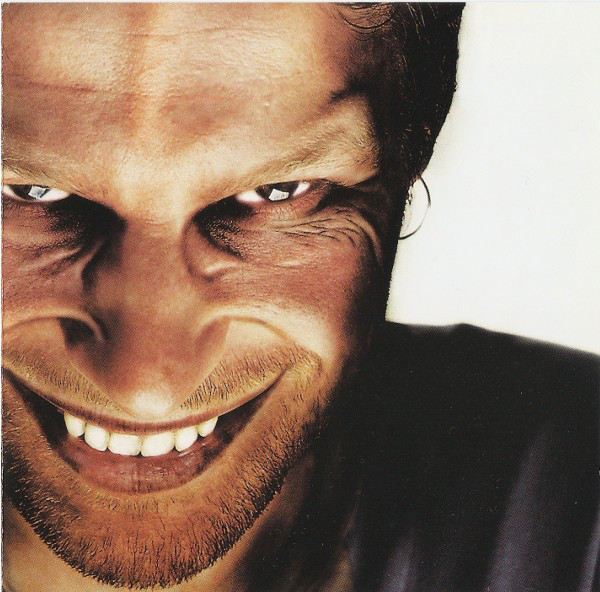 RB: Man, I am so into electronic music. When I was 13 or 14 my favorite was Aphex Twin. He was my guy, so I’m really into all that stuff.
RB: Man, I am so into electronic music. When I was 13 or 14 my favorite was Aphex Twin. He was my guy, so I’m really into all that stuff.
Liam?
LM: It’s hard to say. Some 70s Brazilian music, maybe? Like maybe finding some weird Hermeto Pascoal.
OK, Josh?
Josh: Well I was going to mention this record that Jason gave me. It was super rare Scritti Politti. We were getting pissed off after one of the days of recording at his place, and he loved to play his records, and he put on this one record and me and Raven… we lost our shit! I didn’t know anything about it, but it sounded so futuristic. It was recorded in the 70s or the 80s. It blew me away. He actually gave us both his rare vinyl copy! I found that in my collection the other day, and it was like… oh my god.
Joel?
Joel: Well actually, the last thing I remember was a 7-inch with Zomby and Burial, do you know those guys?
No.
RB: That’s fuckin’ cool. That was like a limited pressing. I’m quite into that, into the new limited pressing.
Thanks guys, thanks for doing this.
All: Yeah, thank you.
Filed under: Interviews
Related artist(s): Steve Howe, Chris Squire, Yes, Syd Arthur
What's new
These are the most recent changes made to artists, releases, and articles.
- Review: Present - This Is NOT the End
Published 2024-04-19 - Review: Pando Pando - Pando Pando
Published 2024-04-18 - Listen and discover: Mono Takes an Oath to Be Epic
Published 2024-04-17 - Review: Steve Roach - Reflections in Repose
Published 2024-04-17 - Review: I.P.A. - Grimsta
Published 2024-04-16 - Review: Ubermodo - So Very Far from Home
Published 2024-04-15 - Review: Välvē - Tiny Pilots
Published 2024-04-14 - Review: Sultans of String - Walking Through the Fire
Published 2024-04-13 - Review: Shiver - Shiver Meets Matthew Bourne Volume 1 & Volume 2
Published 2024-04-12 - Release: Full Earth - Cloud Sculptors
Updated 2024-04-11 16:21:34 - Artist: Full Earth
Updated 2024-04-11 16:20:18 - Review: Deorbit - Retrogradient
Published 2024-04-11 - Review: Ellesmere - Stranger Skies
Published 2024-04-10 - Artist: Edge
Updated 2024-04-09 17:02:40 - Release: Neil Ardley - Harmony of the Spheres
Updated 2024-04-09 16:56:49 - Release: Neil Ardley - A Symphony of Amaranths
Updated 2024-04-09 16:54:58 - Artist: Neil Ardley
Updated 2024-04-09 16:44:43 - Release: Zodiac - Disco Alliance / Music in the Universe
Updated 2024-04-09 16:16:54 - Artist: Zodiac
Updated 2024-04-09 16:09:02
